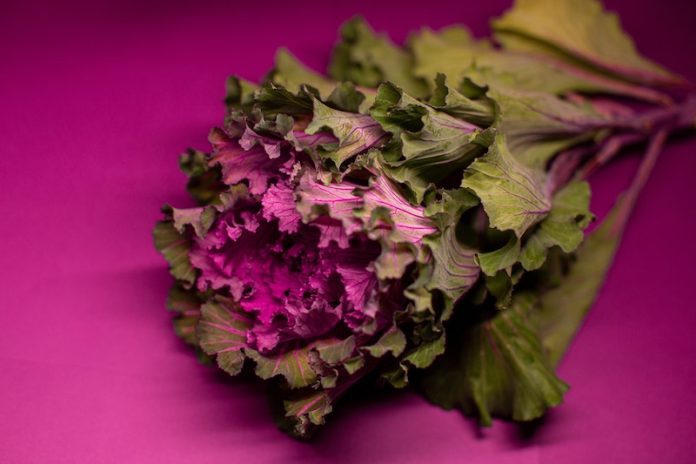
You’ve probably heard about the importance of vitamins like C and D, but what about Vitamin K? This lesser-known vitamin plays a big role in your health, particularly when it comes to blood clotting.
You see, without proper blood clotting, even a minor cut could lead to severe bleeding.
Luckily, you can find Vitamin K in a variety of delicious foods to help your body function at its best. Let’s dive into the science, but don’t worry—we’ll keep it simple.
What the Research Says: Vitamin K and Blood Clotting
Vitamin K isn’t just one thing; it actually comes in two main types: K1 and K2. Vitamin K1 is mostly found in leafy greens and certain vegetables, while K2 is found in fermented foods and animal products.
According to a study published in the “Journal of Nutrition,” adequate levels of Vitamin K can help regulate blood clotting, making it essential for wound healing and surgery recovery.
In plain language, this means that if you have a cut or injury, Vitamin K helps your blood to form a “scab” so that you stop bleeding. It’s like your body’s emergency stop button for cuts and wounds.
Another study in the “American Journal of Clinical Nutrition” took it a step further and examined how low levels of Vitamin K could potentially increase the risk of excessive bleeding.
They found that participants who had lower levels of Vitamin K in their diets were more prone to bleeding issues than those who had adequate levels.
Eating for Clotting: Foods High in Vitamin K
- Leafy Greens
Your mom was right—eating your greens is good for you! Spinach, kale, and collard greens are packed with Vitamin K1.
- Fermented Foods
Think beyond yogurt. Foods like sauerkraut and natto (a Japanese dish made from fermented soybeans) are high in Vitamin K2.
- Animal Products
If you’re a meat-eater, good news: chicken, beef, and pork liver are rich in both K1 and K2. Some fish, like salmon, are also good sources of Vitamin K.
Conclusion: Balancing Your Diet for Better Blood Clotting
In a nutshell, Vitamin K plays a crucial role in helping your blood to clot properly, and not getting enough of it could put you at a higher risk for excessive bleeding.
It’s easy to incorporate Vitamin K-rich foods into your diet, and doing so could give you more than just peace of mind.
However, it’s worth noting that if you’re on blood-thinning medication, you should consult your healthcare provider before making significant changes to your Vitamin K intake. Too much Vitamin K can counteract the medication.
So, the next time you’re at the grocery store, consider giving the green light to more Vitamin K-rich foods. Your body—and especially your blood—will thank you.
Follow us on Twitter for more articles about this topic.
Copyright © 2023 Scientific Diet. All rights reserved.





